China’s three-decades-long economic miracle was more of a class warfare powered by exploiting rural migrants with wages equal to one-third of what urbanites are paid, according to a new book by ex-Bloomberg China bureau chief Dexter Roberts.
Roberts served for more than two decades as Bureau chief and Asia News Editor at Bloomberg Businessweek based in Beijing, where he reported from every province and region including Tibet, Xinjiang and neighboring North Korea. He currently is a Fellow at the University of Montana’s Maureen and Mike Mansfield Center.
According to Roberts’ new book, China’s centrally-planned economic development path that is often hailed as a model for nations around the world to escape poverty, is an exploitive system that relegates half of its citizens into second-class migrants who are locked out of the huge economic windfall enjoyed by urbanites.
Under the nationwide agricultural land reforms that took place from 1950 through the spring of 1953, Chinese rural lands were collectivized. Farmers cannot sell the land, but local governments can buy rural land at very cheap prices, re-define land as industrial or commercial, and then mark-up values and sell it to developers for huge profits.
But in Chinese cities there have been an “enormous and very, very lucrative real estate market for the urban people” where residents buy and sell ownership in 70-year residential leases, creating an “explosion of wealth.”
Children of migrant parents still living in the countryside suffer from much higher school drop-out rates than children of urban parents. Roberts doesn’t believe China’s initiative to build a new high-tech innovation driven economy is achievable if a substantial portion of the population’s children “end up being high school drop-outs.”
Roberts argues that China’s one-child policy has created a demographic implosion for the size of its workforce that is ending its “factory of the world development model.” As a result, China no longer has cheap labor and no longer has a docile labor force.
Despite observations by other China watchers that the Chinese Communist regime has continued to solidify its grip on power, Roberts argues there is “more of a threat now.”
Being forced to pay higher wages in China, foreign firms are moving their production to other countries that can offer cheaper labor. Coupled with the policy push from the highest levels of the government in Beijing to try to automate factories, jobs that have supported migrant workers are going away.
Urbanites financially benefited from the old authoritarian model that made migrants low-paid and second-class citizens. The Chinese regime expects migrant workers who will no longer be working in city factories or construction sites to quietly go back home and “re-invent themselves with a new form of employment,” such as being entrepreneurs.
Roberts suggests that with almost no technical skills and little savings, there is now the potential for a Chinese class struggle that could involve hundreds of millions of rebellious rural migrants.
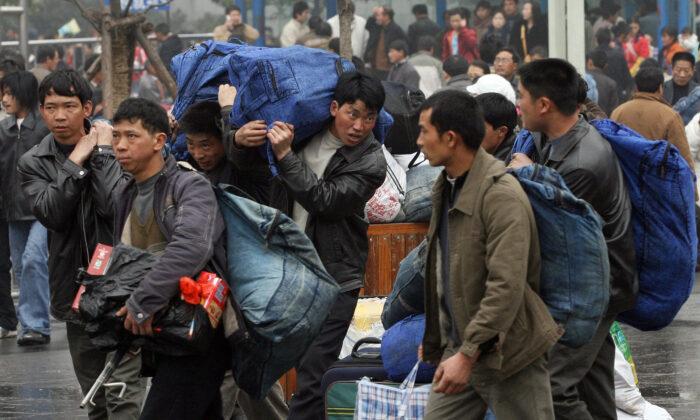

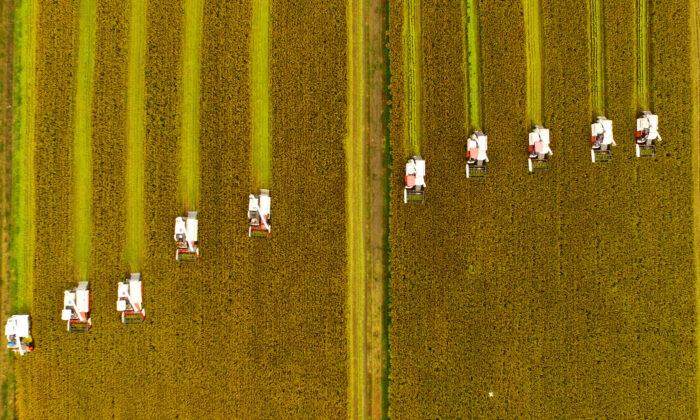
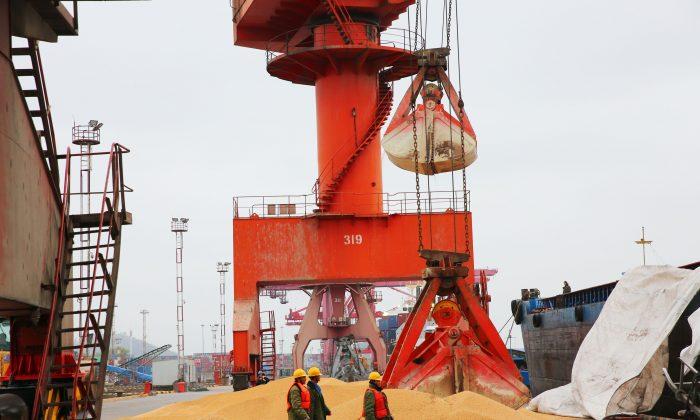
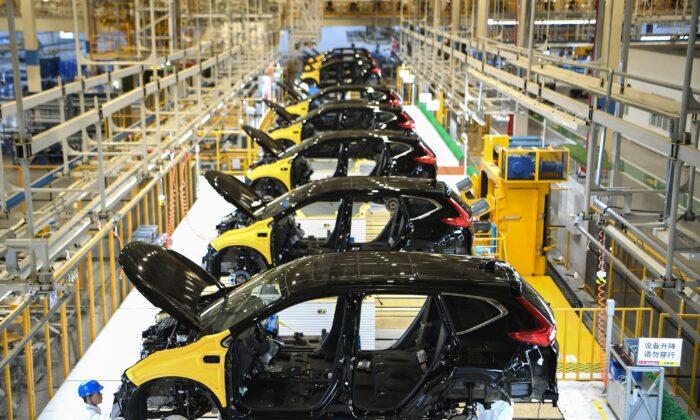
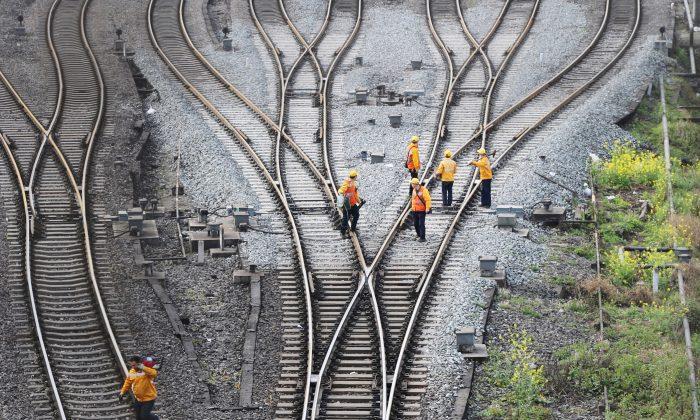
Friends Read Free